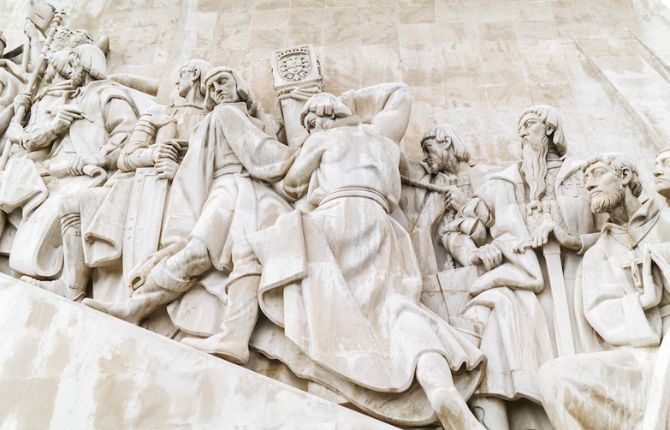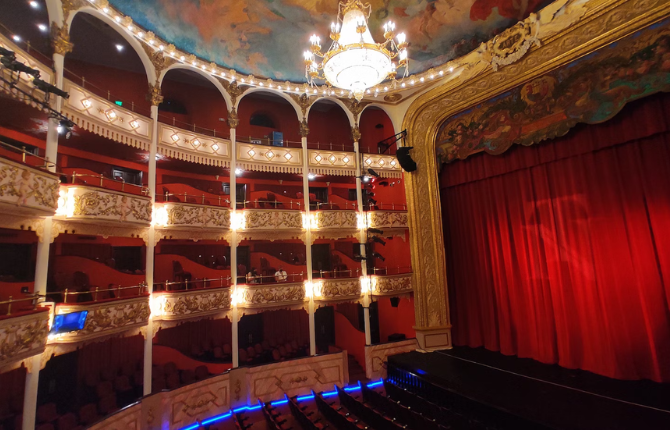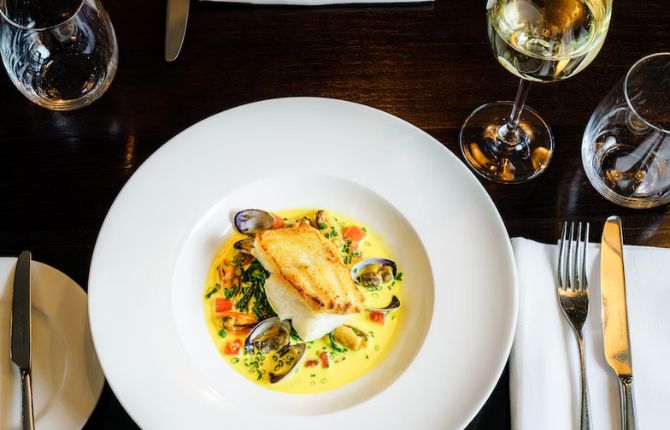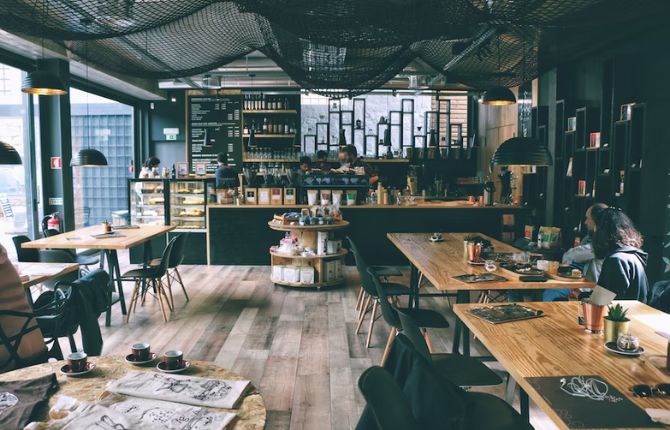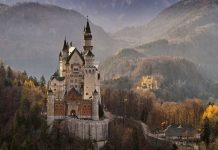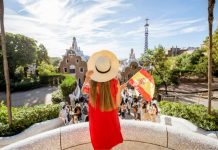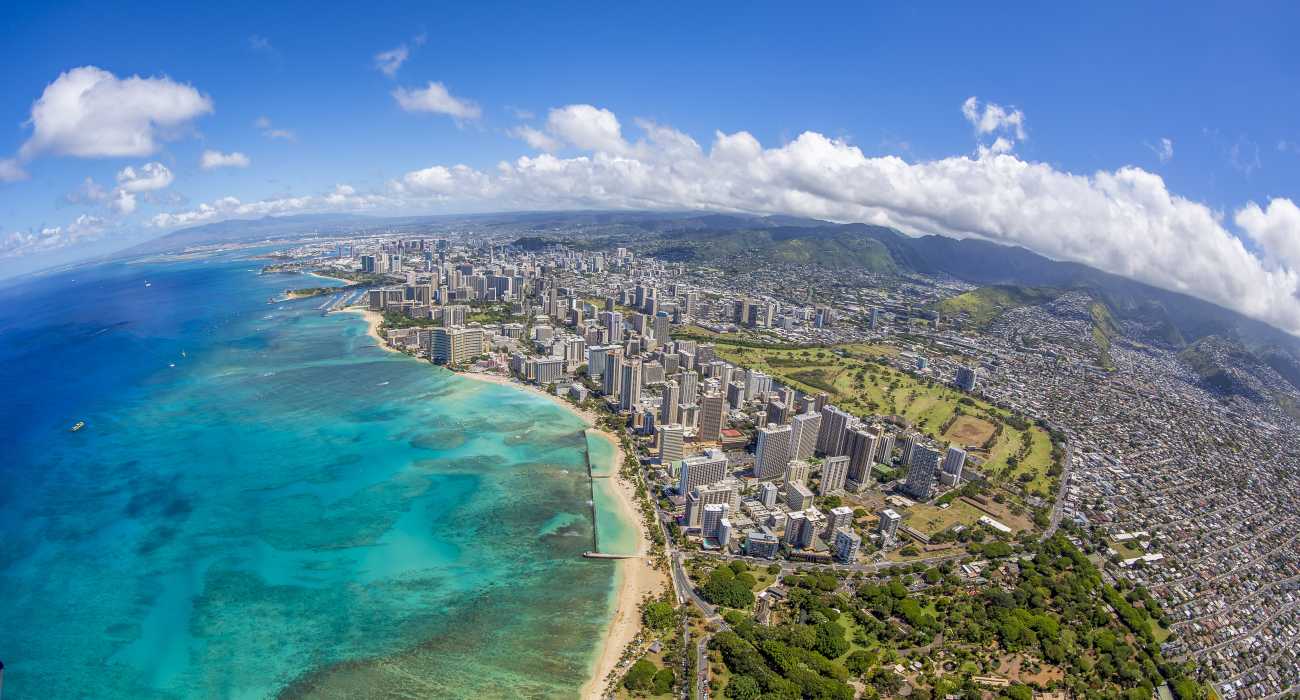As an independent kingdom since 1143, Portugal established itself as one of the oldest nations in Europe. With a history dating as far back as four centuries ago, the vast empire of Portugal has witnessed and withstood multiple conflicts under the reign of different kings.
During this time, a wide variety of eclectic groups were predominant across the region, including the Moors, the Germanic Visigoths, the Romans, and the North-African or Middle-Eastern Umayyad Caliphate.
As a result, it culminated in an opulent tapestry of differing cultures stemming from many influences, including Phoenician, Moorish Celtic, Lusitanian, Germanic, Visigoth, Viking, and Sephardic Jewish.
The resulting culture encompasses the arts, customs, beliefs, traditions, social behavior, institution, language, and norms passed down from generation to generation of the Portuguese people, which then gives them a united sense of belonging.
They took various aspects of all the mentioned influences and weaved them into a unique yet unifying tapestry of culture that intertwines both history and sophistication.
If you would like to have a first-hand experience of the Land of Magic’s rich culture, join trips to Portugal and embark on a journey that will immerse you in a culture different from your own. In this guide, you will learn about the components that make up Portugal’s eclectic culture and what are the best places to visit for you to witness these cultural elements up close.
Art
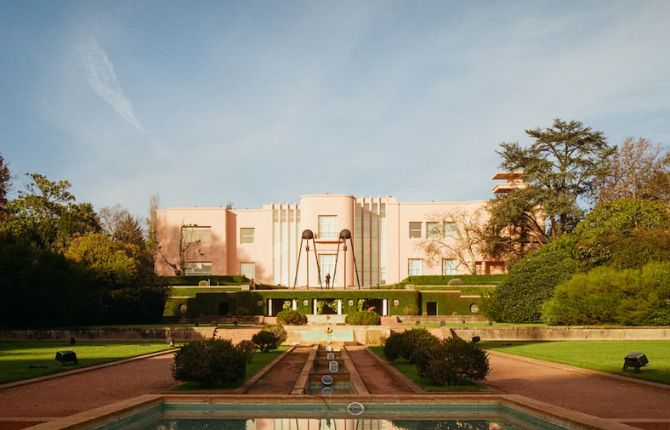
It is in Portuguese culture to have a deep-seated appreciation for art. Cities like Lisbon, Porto, Braga, Guimarães, and the university town of Coimbra feature plenty of museums where you can appreciate fine collections of both national and international artistic masterpieces of renowned and emerging artists.
In fact, even small municipalities have their own art collections, and local art exhibitions are a regular occurrence in most cities and municipalities in Portugal. Indeed, art is in every corner of Portugal.
If you fancy strolling along a trendy art gallery, look no further than Arte AFK, which can be found to the north of Lisbon’s city center. This art gallery mainly features paintings and photography.
Alternatively, you can visit the most popular museum in all of Portugal and one of the most visited museums in the world—the Serralves Museum. This museum is located on the grounds of the Serralves Estate in Porto. This prominent contemporary art museum features 14 exhibition galleries across three floors.
Literature

The development of the predominant literature in Portugal traces its roots way back in the 12th century from the lyrical works of the “Poet King” Dom Denis. His writings were mostly derived from oral traditions and were sung by troubadours or singers of folk songs.
When it comes to literature, Portugal is home to extremely gifted poets. There is someone whose work was said to be comparable to that of Shakespeare, Homer, and Virgil. This is none other than Luís Vaz de Camões, a 16th-century bard who was deemed Portugal’s greatest poet.
His work, an epic called Os Lusiadas, is so brilliant that it is often said to be as excellent as Shakesphere’s works. Then there’s Fernando Pessoa, who is considered among the most influential literary figures of the 20th century, and José Saramago, who won the Nobel Prize for literature in 1988.
If you’re an avid reader, be sure to visit the Livraria Lello in Porto, which was dubbed the most beautiful bookstore in the world. This readers’ paradise is famed for its neo-gothic and art nouveau design, along with its intricately carved gothic wood paneling, a grand curving staircase, floor-to-ceiling bookshelves filled with extensive literary collections, and a stained-glass skylight.
Given such intricate interior design, it is like stepping into Hogwarts School of Witchcraft and Wizardry from the Harry Potter series.
Theatre
Portugal is home to several world-renowned theatre companies and a thriving amateur theatre scene.
Portuguese theatre gained traction during the medieval period when religious plays were commonly performed in churches and monasteries. When secular theatre began to develop during the 16th century, playwrights like Gil Vicente and Francisco Manuel de Melo wrote comedies, tragedies, and farces.
And in the 18th century, Portuguese theatre was highly influenced by the Enlightenment. Playwrights such as Nicolau Tolentino de Almeida then wrote comedies that satirized social conventions. And with the rise of Romanticism in the 19th century, Almeida Garrett and Alexandre Herculano birthed the idea of historical dramas and tragedies.
And with the influence of Realism, Naturalism, and Expressionism during the 20th century, João de Deus Ramos and António Patrício wrote plays that portrayed social and political issues.
To this day, theatre is a crucial part of Portuguese culture, and so it continues to play a vital role in depicting and mirroring Portugal’s social and political scenes. If you are a fan of theatre and arts, consider visiting Teatro Nacional Dona Maria II, which is among the most prestigious and important cultural venues in Portugal.
Its lavish neoclassical façade with six Ionic columns and a relief depicting Apollo and the Muses lures tourists to watch the variety of performances hosted here, such as plays, musicals, operas, ballets, concerts, and festivals. This theater also houses a library, a museum, a bookstore, and an indoor café.
Some other theaters that you can explore include:
- Teatro Nacional de São Carlos
- Teatro Politeama
- Teatro Municipal Baltazar Dias
- Teatro Circo
- Teatro Lethes
- Teatro Cinema de Fafe
- Culturgest
- Teatro Pequeno
- Teatro Trindade
Music
Portugal’s predominant forms of musical expressions include the famed Fado, folk music, and dancing. Fado—which is included on the UNESCO Intangible Cultural Heritage list—literally translates to “destiny” or “fate.” It consists of mournful tunes and heartwrenching lyrics about being at the sea, overrun with feelings of longing and intense nostalgia.
Portugal also hosts presentations of regional folklórico in every town square near the church. You will see performers clad in colorful dresses, singing traditional songs, and jiving to the beat of instruments such as the guitar, mandolin, bagpipes, accordion, violin, and drums.
Gastronomic Delights
The ocean has influenced many aspects of Portugal’s culture—from its cuisine that uses only the freshest seafood as ingredients to tourism in Algarve’s beaches and the nation’s architecture back in the times when Portugal had a powerful maritime empire.
Nothing can prepare your taste buds for the exceptionally scrumptious Portuguese cuisine, specifically the national dishes— grilled sardines and bacalhau or salted cod. The other popular seafood selections include lobster, eel, shrimp, octopus, dorado, and robalo. Meanwhile, roasted suckling pig and goat meat are also highly popular. They also incorporate beef, turkey, and chicken in various dishes.
To complement and balance out the flavor of the meat or fish in a meal, the viands are usually paired with rice and potatoes along with a side of salad—consisting mainly of lettuce, tomato, and sliced onions.
Portuguese cuisine is also big on including vegetables such as cabbage, kale, escarole, and green beans. Sopa de legumas or puréed carrots and potatoes are also often served as entrees. And no matter the meal, you will always find a bowl of olives on the table, perhaps as an appetizer. Eggs and cheese are also a staple in Portuguese cuisine.
Finally, they usually serve pastel de nata and rice pudding topped with cinnamon as dessert.
If you fancy fine dining, it is an absolute must to try Loco, a Michelin-starred restaurant in Lisbon. Headed by the prestigious Chef Alexandre Silva, this restaurant’s innovative approach to traditional Portuguese cuisine will surely surprise and delight you.
They only use locally sourced and seasonal ingredients. For a dining experience like no other, be sure to try their Tasca da Esquina, which gives an innovative twist on traditional flavors.
Café Culture
The Portuguese love coffee more than anything else, so they have invented many different ways of preparing and enjoying it. That said, it should not come as a surprise that the café culture in Portugal is a crucial part of the nation’s social fabric.
Cafés are places where people get to enjoy their favorite coffee, meet to socialize, and even spend idyllic afternoons doing nothing. Cafes in Portugal are also frequented by people who prefer to work or study in places with warm, atmospheric vibes. Given how popular cafes are in Portugal, you’ll find its cities and villages—both big and small—dotted with cafes operating from morning until the wee hours of the night.
During the mornings, the cafés are often bustling with people rushing to get their morning cup of joe and breakfast. In the afternoon, the cafes are filled with people who want to relax and chat casually.
Those who like to study or work in cafes often come in during this time too. In the evening, cafés are often lively and noisy because of the chatter of people meeting up with friends and watching important sporting matches.
Perhaps the best and most popular Cafe in Lisbon and perhaps in all of Portugal is the Fábrica da Nata in the Restauradores District, which serves the best pasteis de nata.
Immersing in Portugal’s Eclectic Culture.
To explore Portugal means exploring its idyllic retreats, savoring its unbelievably delicious gastronomic delights, and discovering its immense cultural heritage to uncover the enchanting secrets of Portugal.



